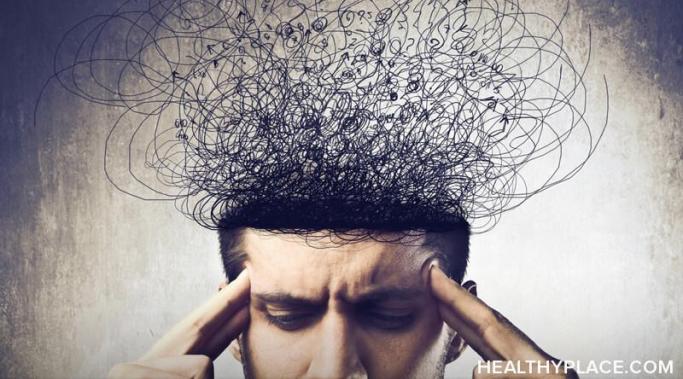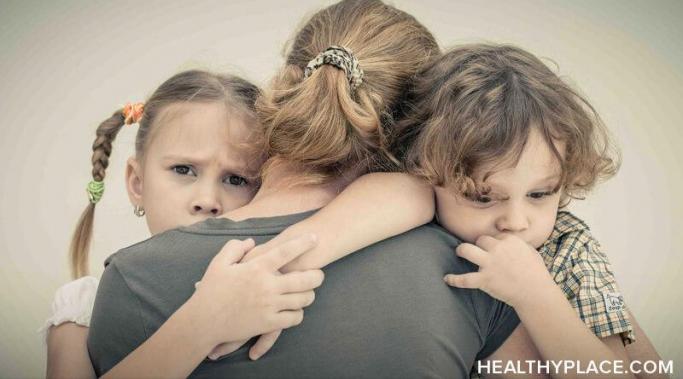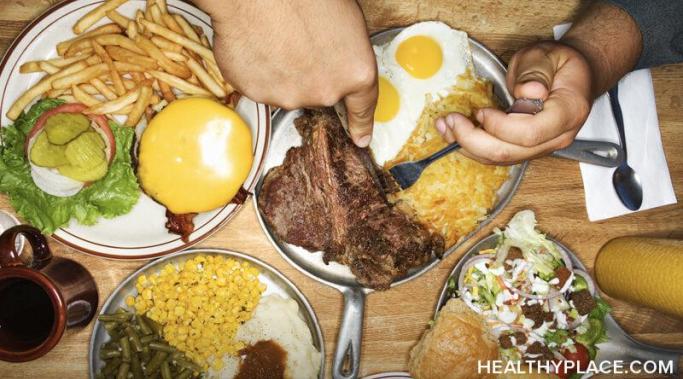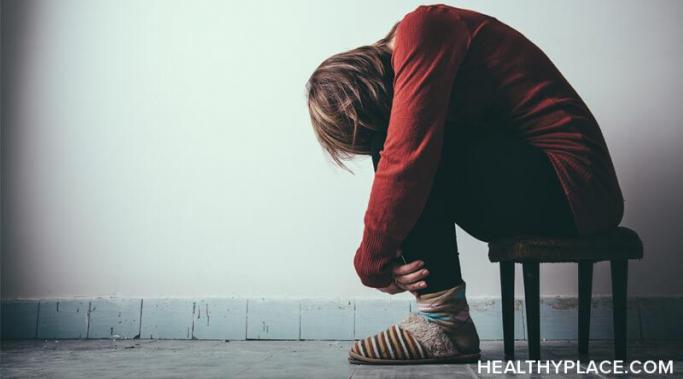Addiction recovery is filled with numerous unexpected triggers and challenges. There are obvious triggers recovering addicts must face along the path to recovery, like people, places, and activities that might be associated with their drug-of-choice. However, there are also plenty of unexpected triggers in addiction recovery that catch many individuals completely off guard.
Addiction Support
Pursuing and surviving sobriety is no easy feat, and for women in addiction recovery, the challenge can feel even more strenuous. Addiction of any kind can touch the lives of just about everyone no matter our racial, ethnic, or religious background; however, the fight to stay sober might look different for different individuals pursuing recovery.
Recovering addicts are participating in social distancing, like everyone else, as a result of the widespread pandemic, coronavirus, otherwise known as COVID-19. Social distancing has proven to be a necessary measure taken by cities, states, and nations worldwide in order to "flatten the curve" or slow the spread of this highly infectious disease. Effectively slowing down the spread of this pandemic is going to take the willpower and intentionality of every single one of us, but what does social distancing mean for those of us in recovery who greatly depend on addiction-related support groups to maintain our sobriety?
After achieving sobriety from my addiction, processing the trauma took countless hours in therapy sessions. Over time, I began to see so many clear connections between my trauma and my addiction. For years I dissociated from many of my difficult memories and experiences and often I was able to numb out using various addictive behaviors or substances, like sex, food, and, occasionally, alcohol. These methods worked for a time, but eventually, nothing was strong enough to silence the chaos that lived inside of me.
An addiction to food is likely one of the most acceptable forms of addiction in our society, but does food addiction always imply the diagnosis of an eating disorder? Honestly, it depends on who you ask. In my experience, my dependencies and addiction with food inevitably morphed into an eating disorder, but that doesn't mean everyone with an eating disorder is a food addict.
Are you a recovering addict who needs tips for vacationing? I recently had the pleasure of joining my husband on his work trip to Las Vegas, but I'd be lying if I said I didn't have concerns about visiting Sin City as a recovering addict.
Self-loathing and addiction--for as long as I can remember, my self-loathing has been an ongoing spiral in my addiction journey. The spiraling cycle starts with hating myself for being addicted in the first place, then giving in to my addiction, then hating that I gave in, and so on. My self-loathing took the form of many things in my life including my anxiety, my depression, and my suicidal tendencies. However, my addiction wasn't the only reason I hated myself for so long. I think those feelings started long before my addiction ever formed.
I want to talk about porn addiction vs. porn consumption. In my experience, porn addiction is a highly complex and massively misunderstood behavioral addiction that can affect even the most unsuspecting individuals. Some might say that looking at pornography even one time will make you an addict, while others insinuate that watching porn is perfectly normal and socially acceptable. So which one is it? If you ask me, both of these answers contain some aspect of truth. Porn addiction can easily start after just one encounter, however, for a lot of people, porn consumption (maybe even porn addiction) is completely normal depending on your gender, social circle, religion, and more.
Triggers and emotional cravings relating to mental difficulties are very common for those of us in recovery during the holiday season. We previously discussed three different types of cravings individuals might face in addiction recovery, one of the most complex of these being emotional cravings. This week I want to dive deeper into the concept of emotional cravings and just how prominent they can be during the notoriously stressful holiday season.
As a recovering behavioral addict, I've learned quite a bit about cravings and how to manage them. Through my experience, I've determined that cravings can typically be split into three different categories: physical, mental, and emotional. Some recovering individuals are more impacted by one of these craving categories, while others are plagued with the task of fighting all three on a regular basis. Addiction recovery, like most things, does not come in a one-size-fits-all format though. You must figure out which cravings affect you the most and learn how to manage them on your personal recovery journey.









